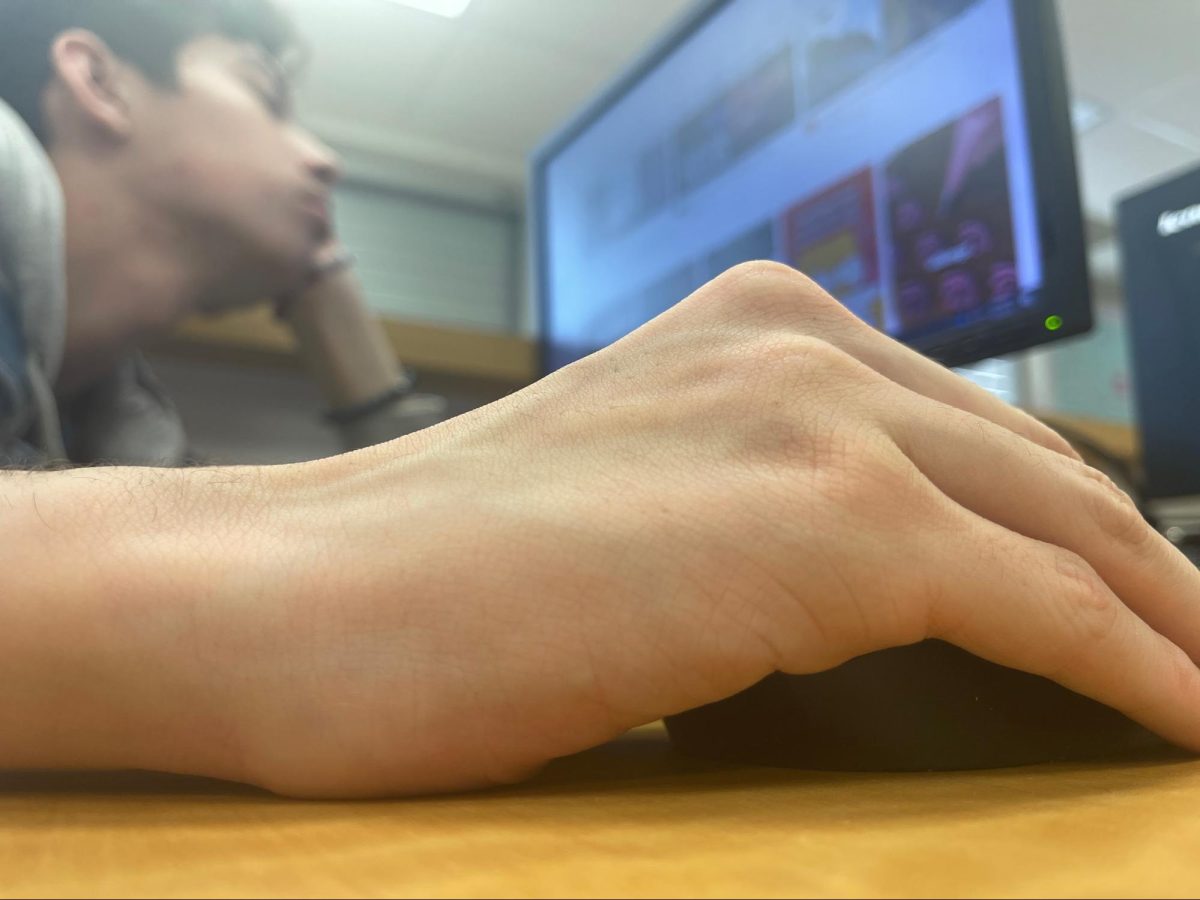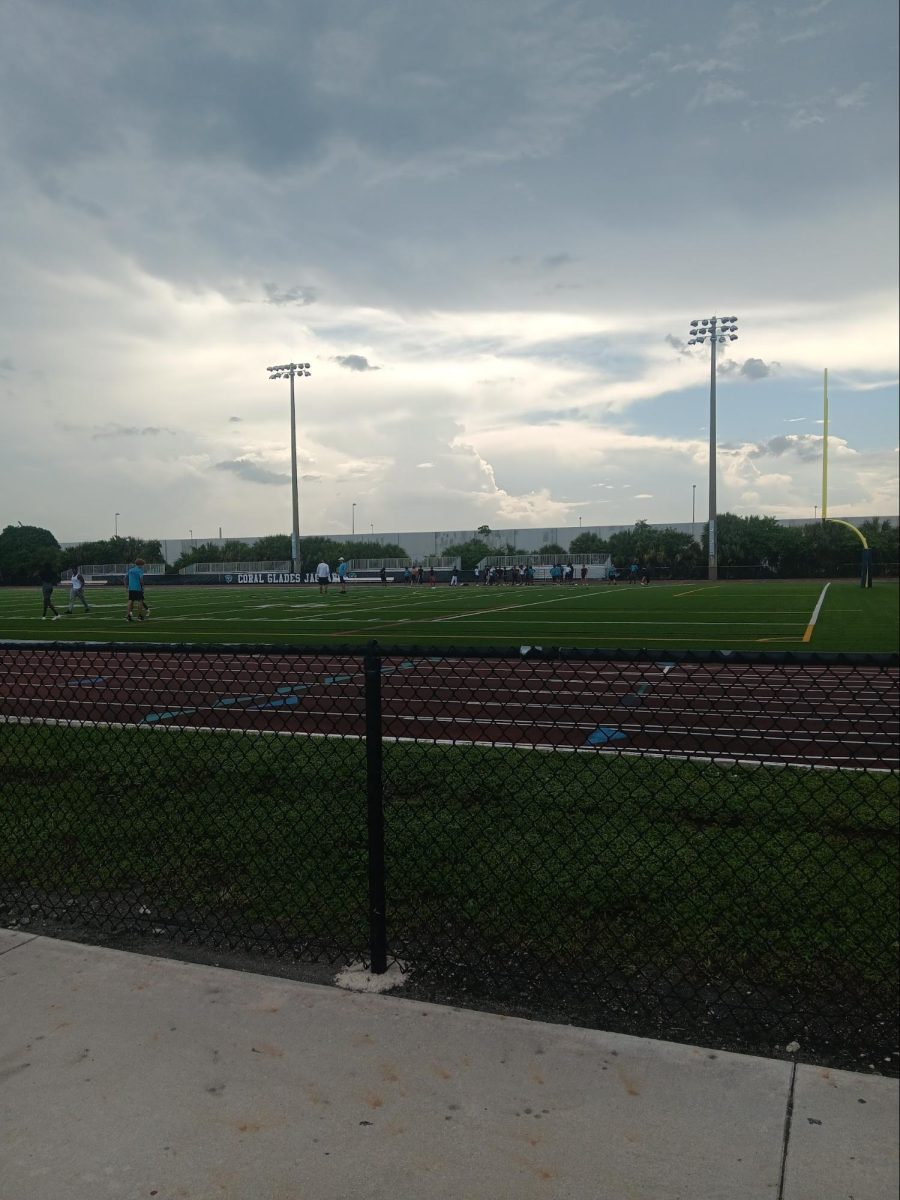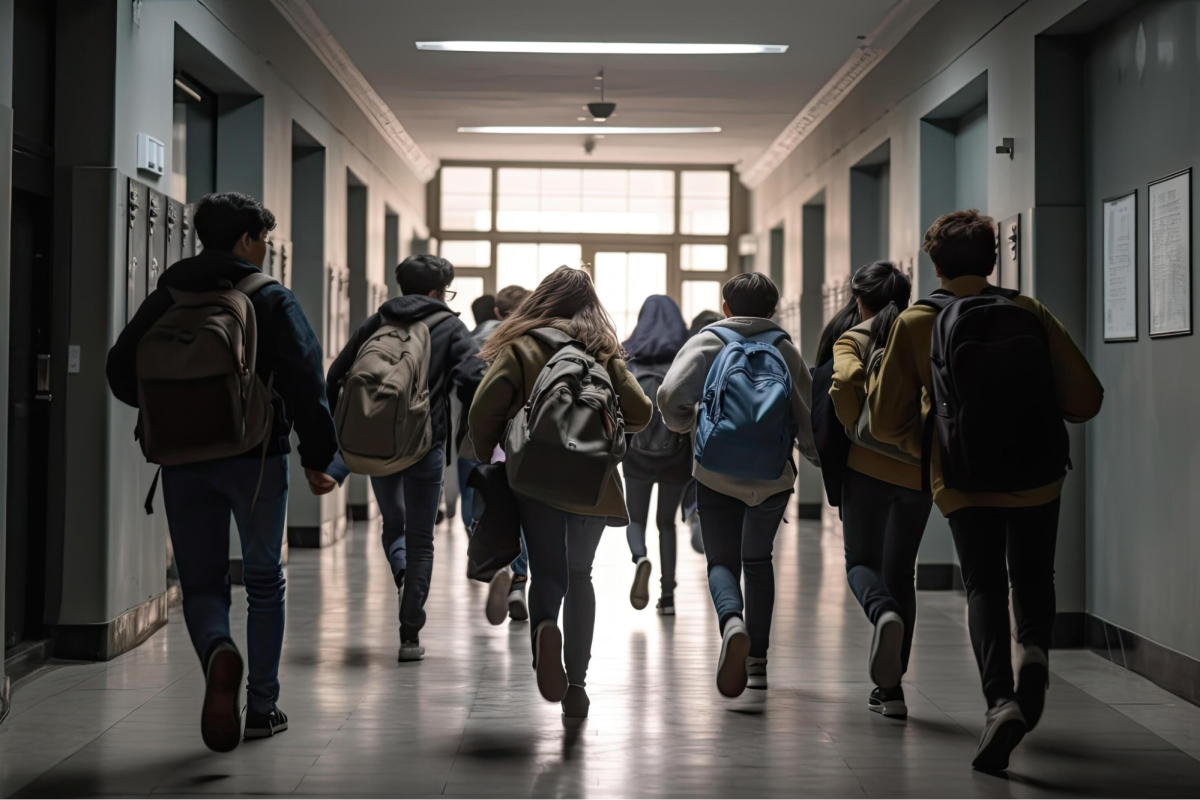The debate over later school start times has been going on for years, and frankly, it’s time for action. The data is clear: adjusting school schedules to better align with our biological needs would significantly improve student health and academic performance. This is not about convenience; it is about creating a more effective and humane educational environment.
Forcing teenagers to wake up before dawn to catch the bus goes against everything we know about adolescent biology. Our circadian rhythms shift as we go through puberty, making it difficult for us to fall asleep before 11 p.m. and wake up before 8 a.m. This isn’t laziness. It’s just a biological fact. When you’re constantly sleep-deprived, your ability to concentrate, remember things, and solve problems plummets. It’s like trying to get through a school day on an empty tank.
The problems caused by a lack of sleep go far beyond the classroom. It’s linked to a higher risk of mental health issues, including anxiety and depression. It can even lead to an increased risk of car accidents for teen drivers. As my friend, Eli Avni, a sophomore, told me, “I feel like I’m always playing catch-up. I’m so tired during my first few classes that I just can’t focus. It’s frustrating to know I’m missing out on important information because I’m just too exhausted.”
Moving school start times wouldn’t just improve our grades and mental health. It would also create a more positive learning environment. When we’re well-rested, we are more engaged, more alert, and better able to participate in class discussions. Teachers would see a difference, and we would too. Another sophomore, Emmanuel Castillo, shared a similar sentiment: “A later start would be a huge change. I could actually get enough sleep and feel ready to learn instead of just trying to survive the school day. My grades would definitely improve.”
The logistical challenges of a later start time, like bus schedules and after-school activities, are real. However, they are not impossible to solve. We have the collective ingenuity to find solutions that work for our community. We need to prioritize the health and education of students above all else. A later start time is a small change that could have a massive impact. It is a necessary investment in our future and a vital step toward creating a healthier, more productive generation. We are the future workforce, the next leaders. Our well-being should be a top priority for our community. It’s time our school district acknowledged the science and listened to its students.


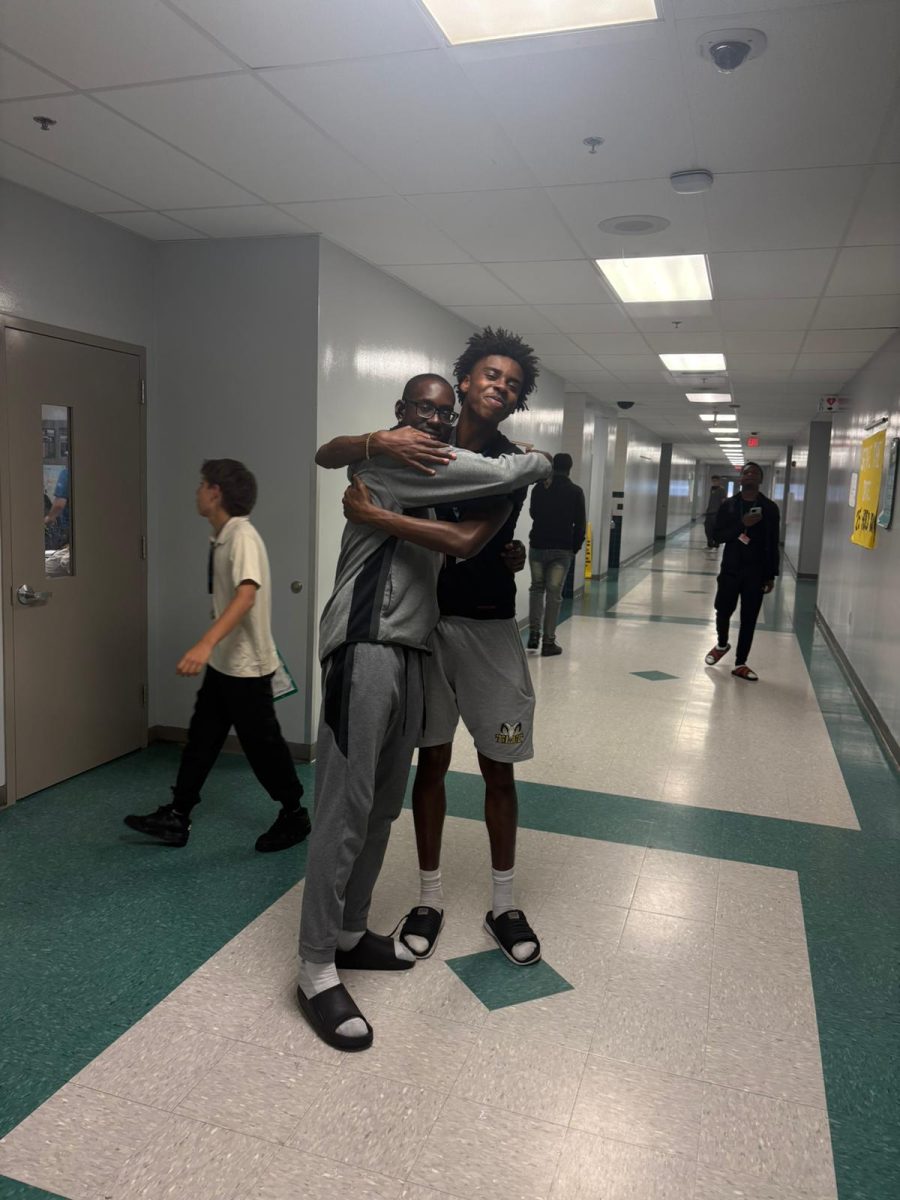


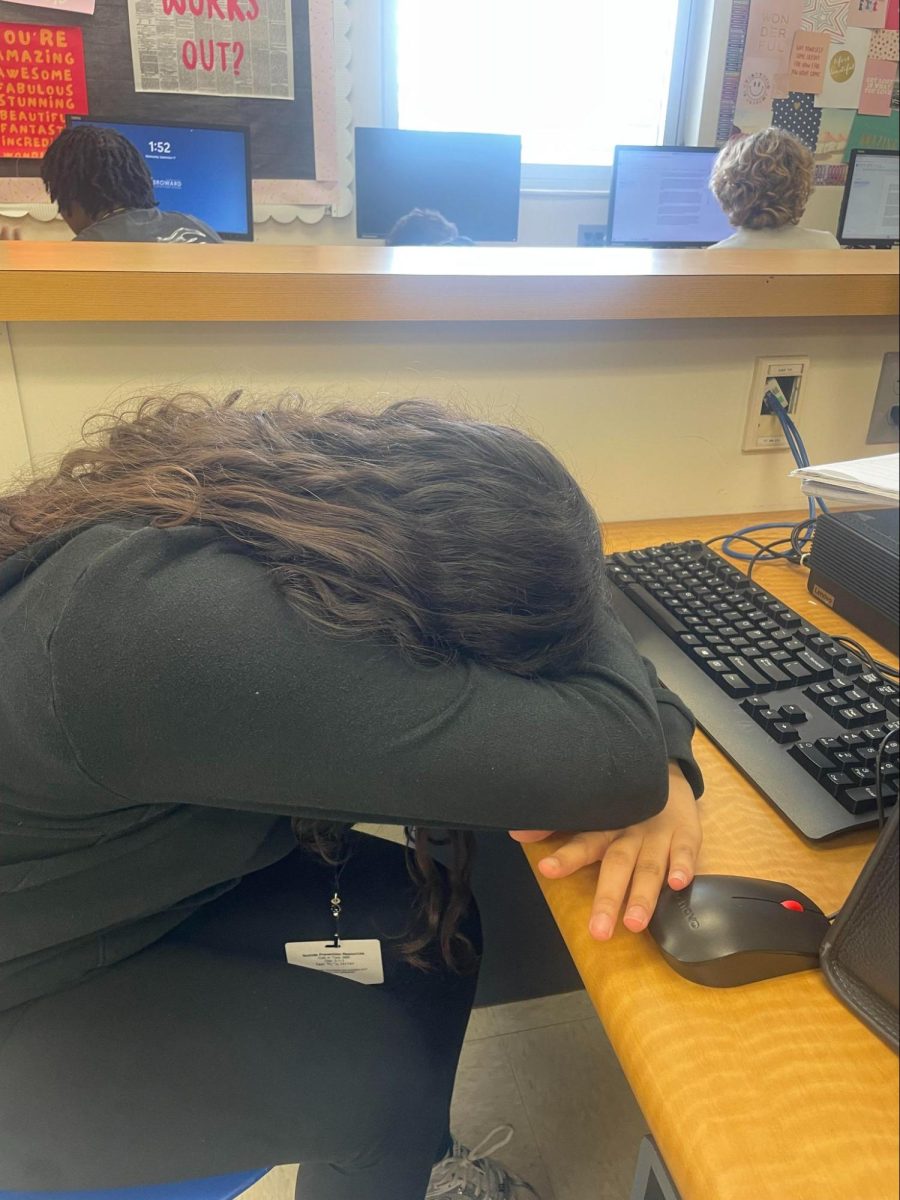


![[Photograph of an Italian sandwich] Photo Creds: https://www.thepioneerwoman.com/food-cooking/recipes/a42398453/italian-sandwich-recipe/](https://cghstheprowl.com/wp-content/uploads/2025/10/image1.png)








